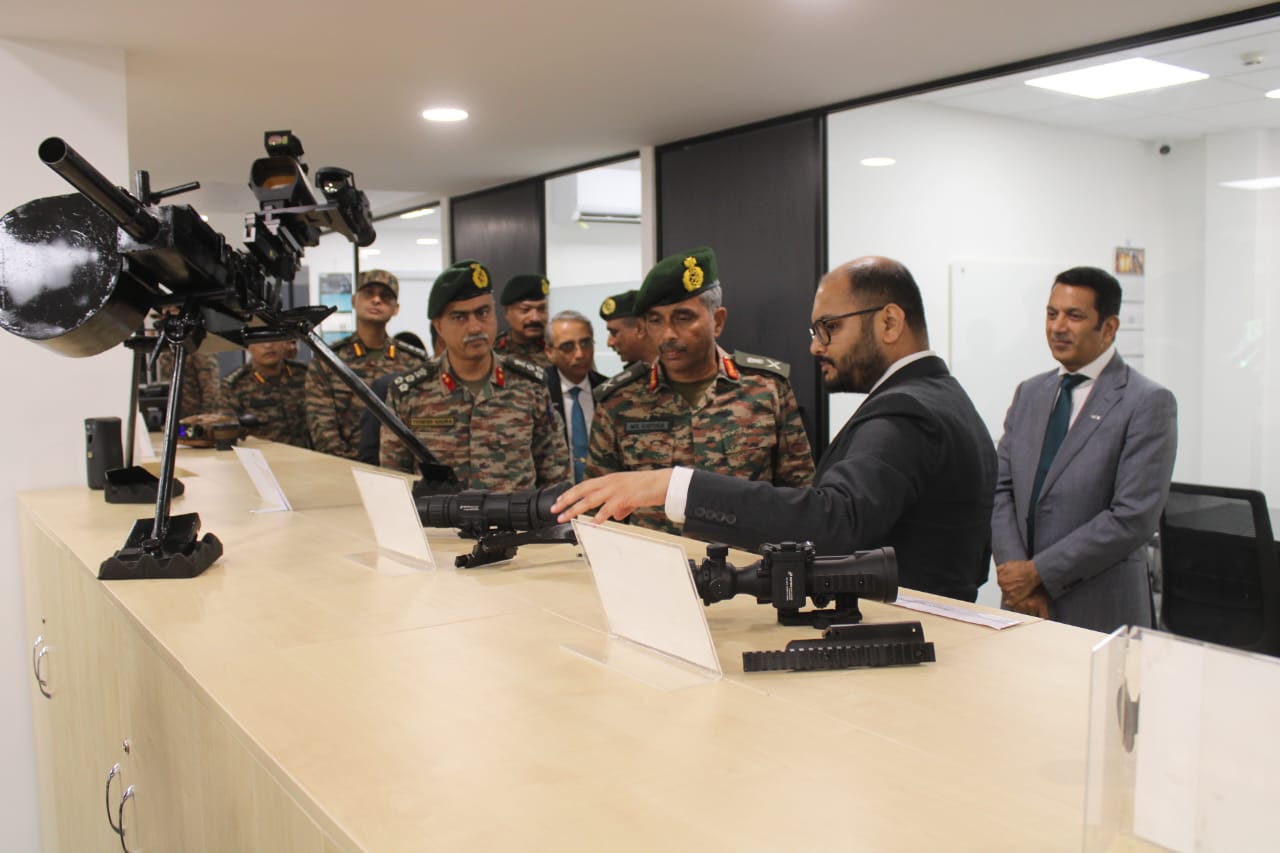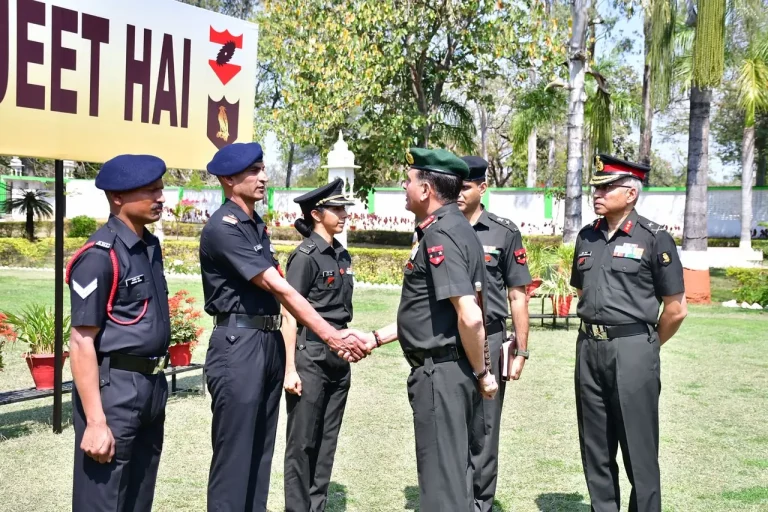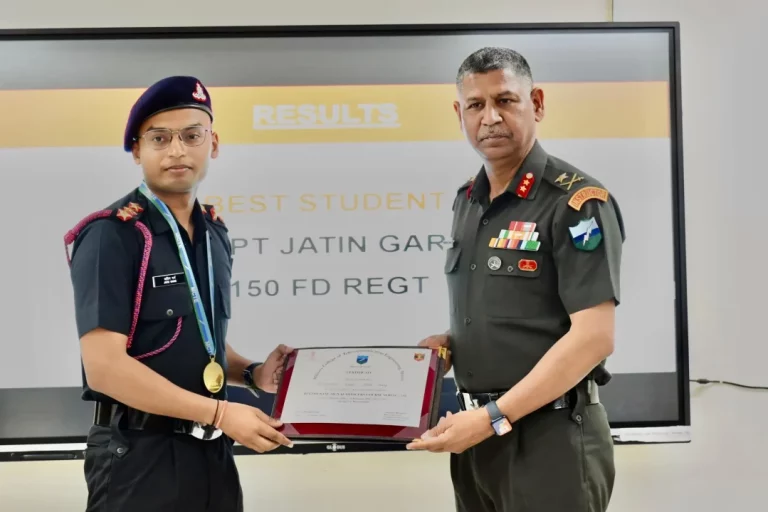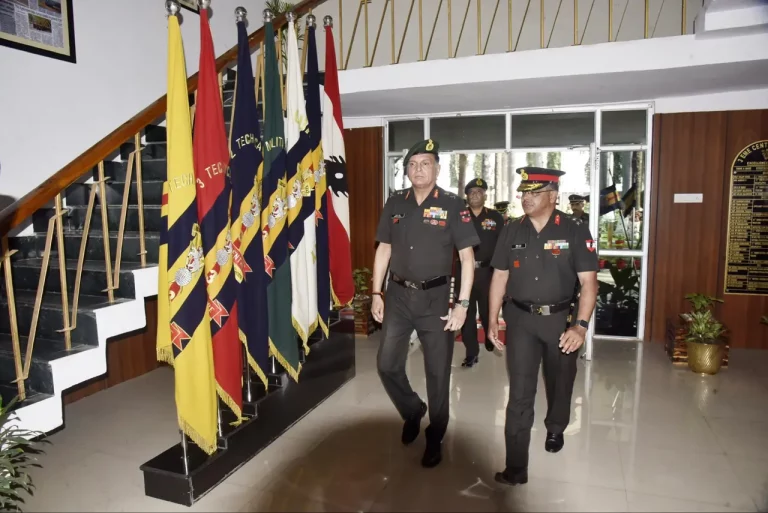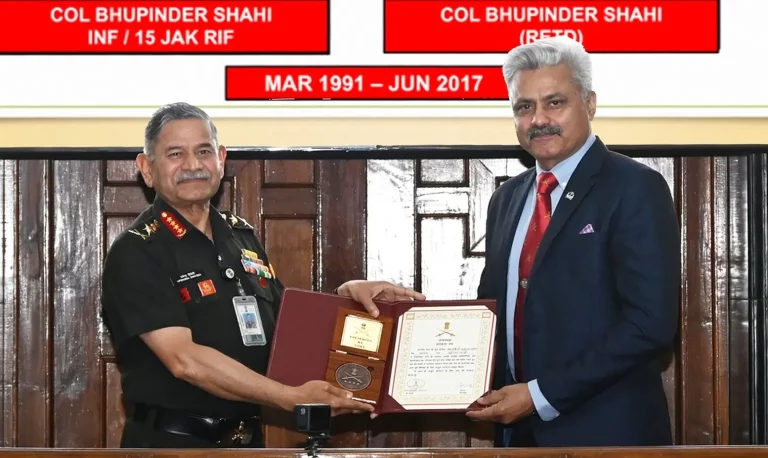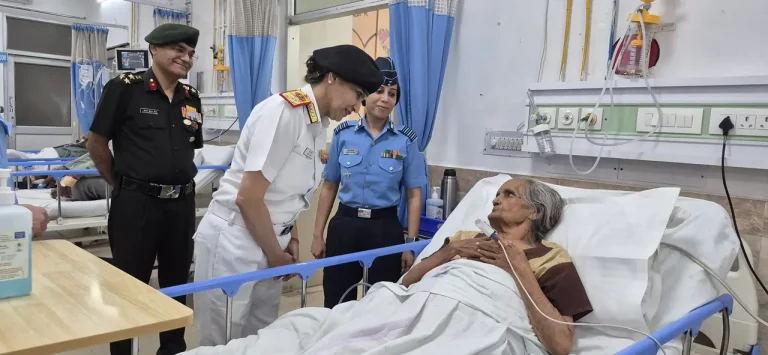In a significant move aimed at bolstering military readiness and fostering technological independence, the Indian Army’s Western Command is intensifying collaborations with premier academic institutions and defense manufacturers. Under the leadership of Lieutenant General Manoj Kumar Katiyar, this initiative aims to leverage India’s intellectual and industrial capabilities to enhance national defense.
During a recent visit to the Indian Institute of Technology (IIT) Kanpur, General Katiyar held discussions with faculty members and representatives from various tech startups. Their dialogue focused on the latest advancements in critical areas such as drone technology, metamaterials, communications intelligence (COMINT), electronic intelligence (ELINT), and cyber defense. This engagement culminated in the signing of a Memorandum of Understanding (MoU), designed to foster joint research and development efforts, stimulate indigenization, and expedite the adoption of emerging technologies within military settings.
Moreover, General Katiyar’s tour included MKU Limited, a key player in defense solutions, recognized for its innovative lightweight composite armor, which offers a significant reduction in weight—approximately 40% lighter than traditional materials. During this visit, he was briefed on MKU’s advancements in optronics and personal protection systems, which are tailored to enhance operational efficacy in challenging environments.
At Adani Defence & Aerospace, the Army Commander evaluated the company’s integrated manufacturing capabilities, which encompass systems for drones, missile launch platforms, advanced munitions, and small arms. Discussions at this facility also emphasized the socio-economic effects of defense-related technologies, particularly concerning drone utilization and its potential to revolutionize rural livelihoods, as highlighted in a recent report by Adani and the World Economic Forum.
General Katiyar underscored the critical importance of these partnerships, stating that they are essential not just for adapting to modern warfare but also for ensuring India’s strategic autonomy in defense manufacturing. He remarked, “The collaborative synergy between the armed forces, academia, and industry is key to delivering mission-ready solutions at scale.”
This initiative aligns closely with India’s “Make in India” vision and is underpinned by an increase in government defense spending, which is projected to reach $81.4 billion in 2023. These strategic collaborations are indicative of India’s commitment to decreasing reliance on foreign imports, enhancing domestic capabilities, and responding to rising global investments in artificial intelligence, autonomous systems, and cyber warfare—areas that have seen a 12% annual growth rate from 2020 to 2024 according to the Stockholm International Peace Research Institute (SIPRI).
As India prepares to address the complexities of modern conflicts, the proactive approach of the Western Command reflects an innovative and forward-thinking trajectory for the nation’s defense strategy, emphasizing resilience and self-sufficiency in an evolving global landscape.
